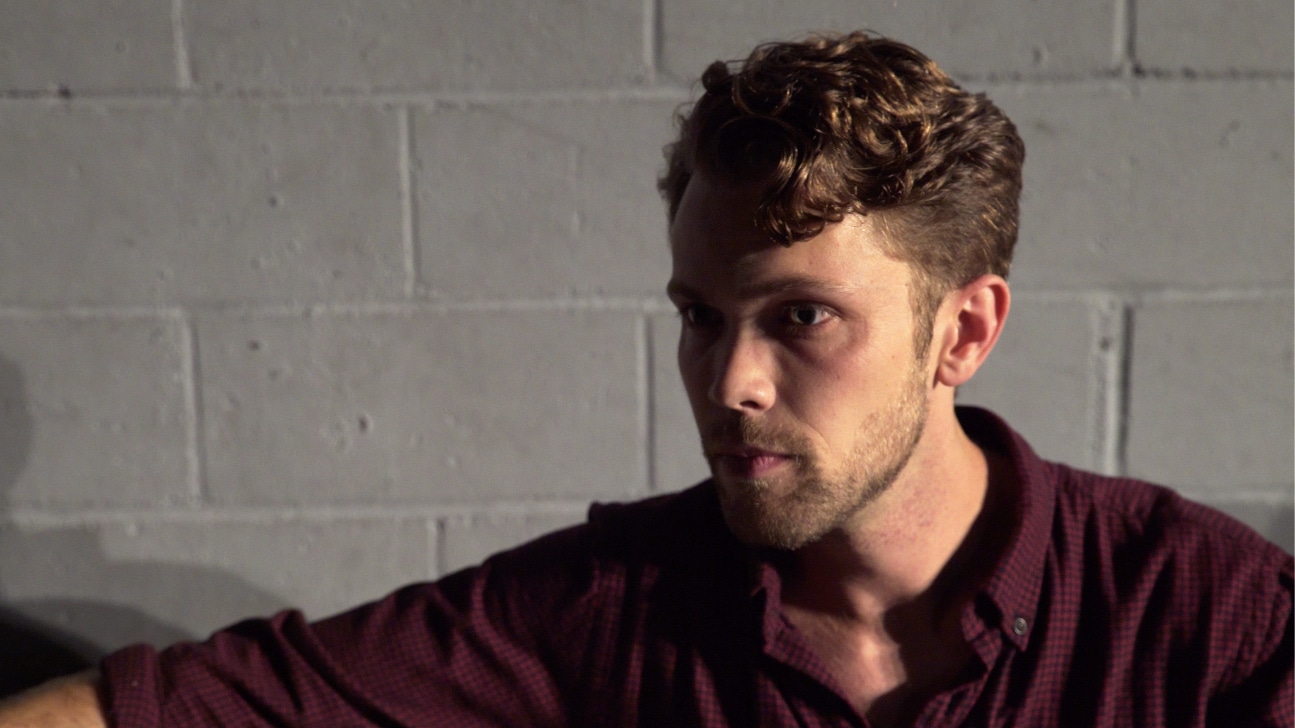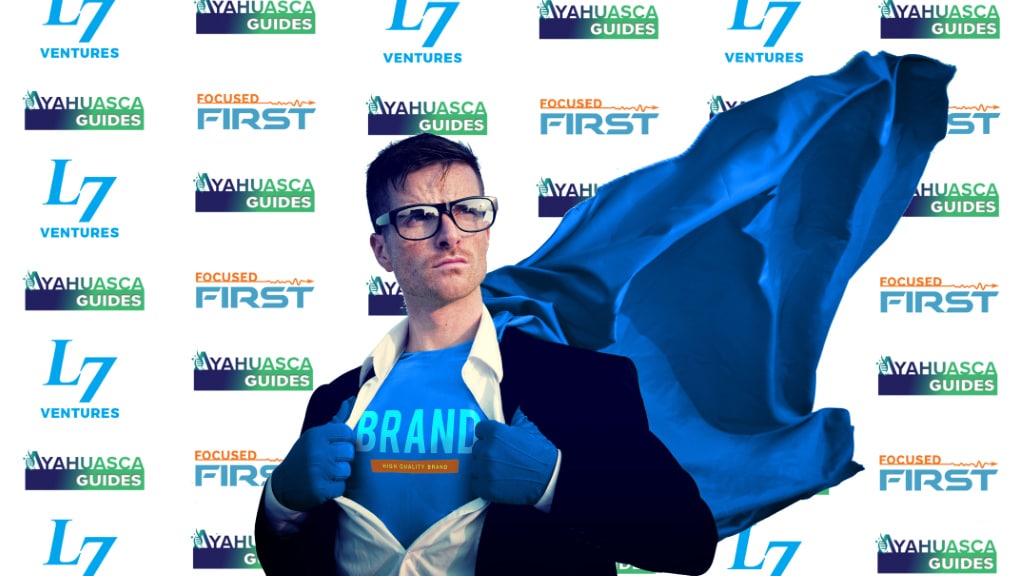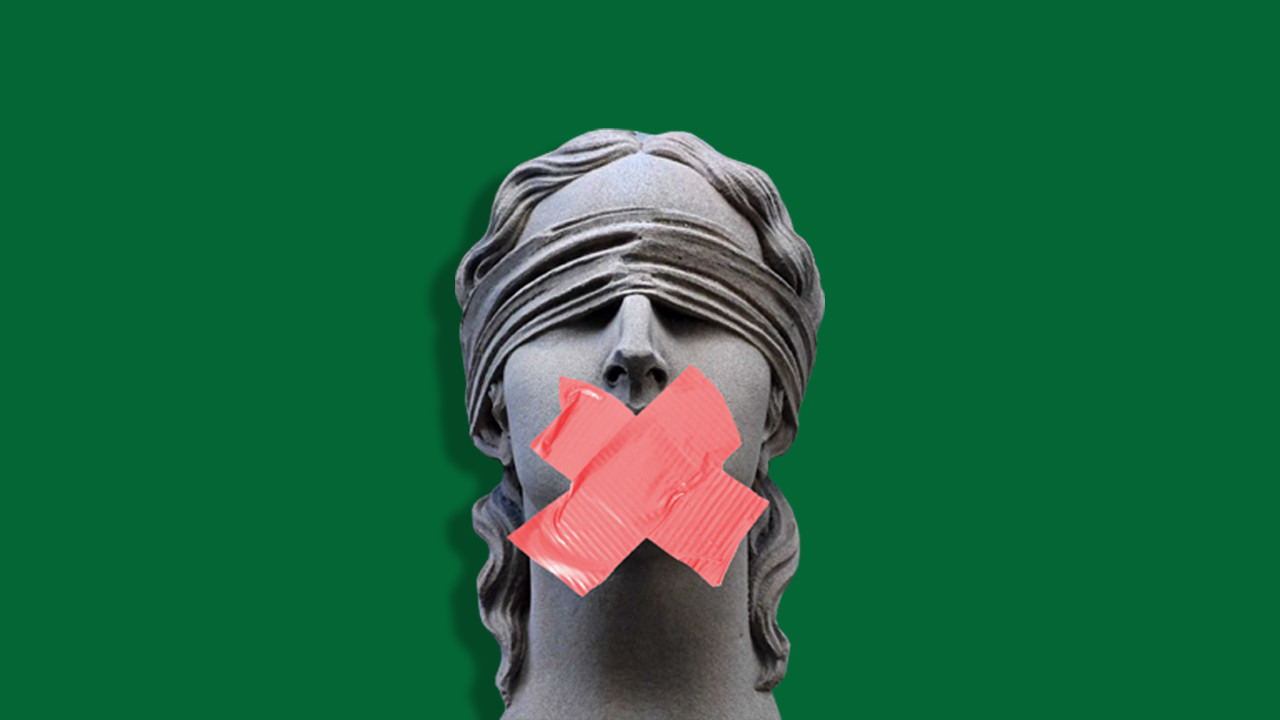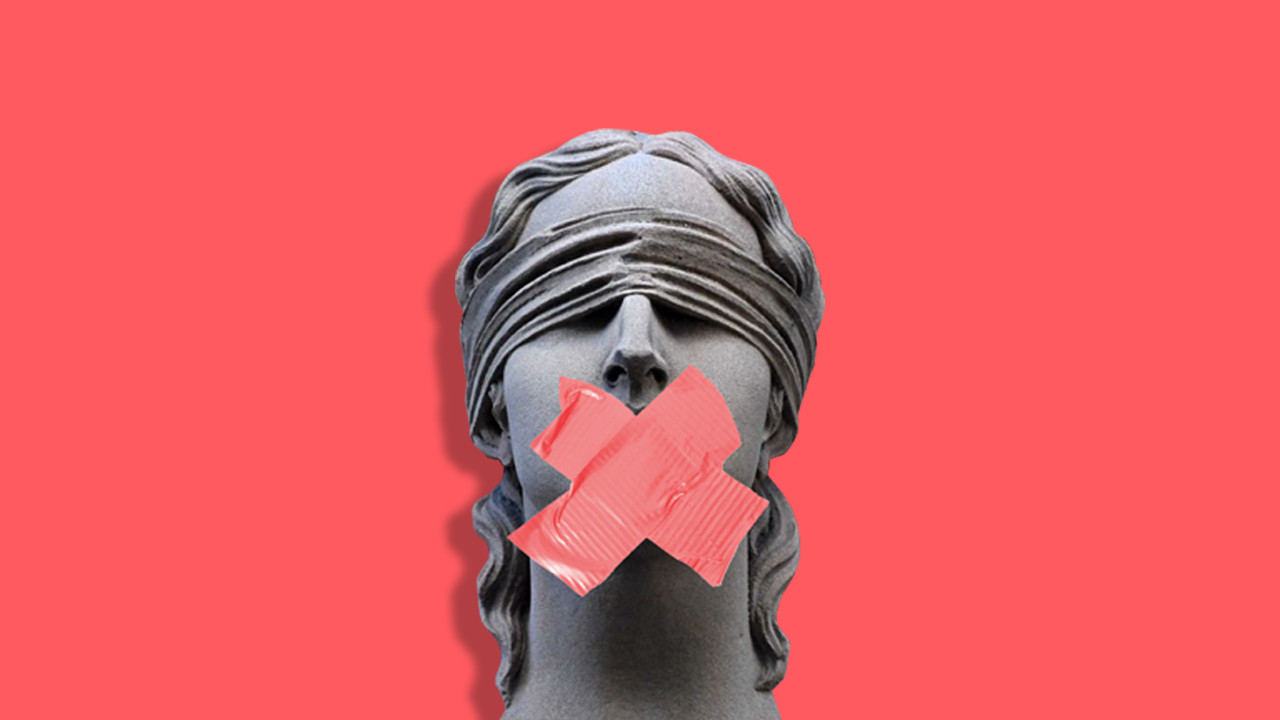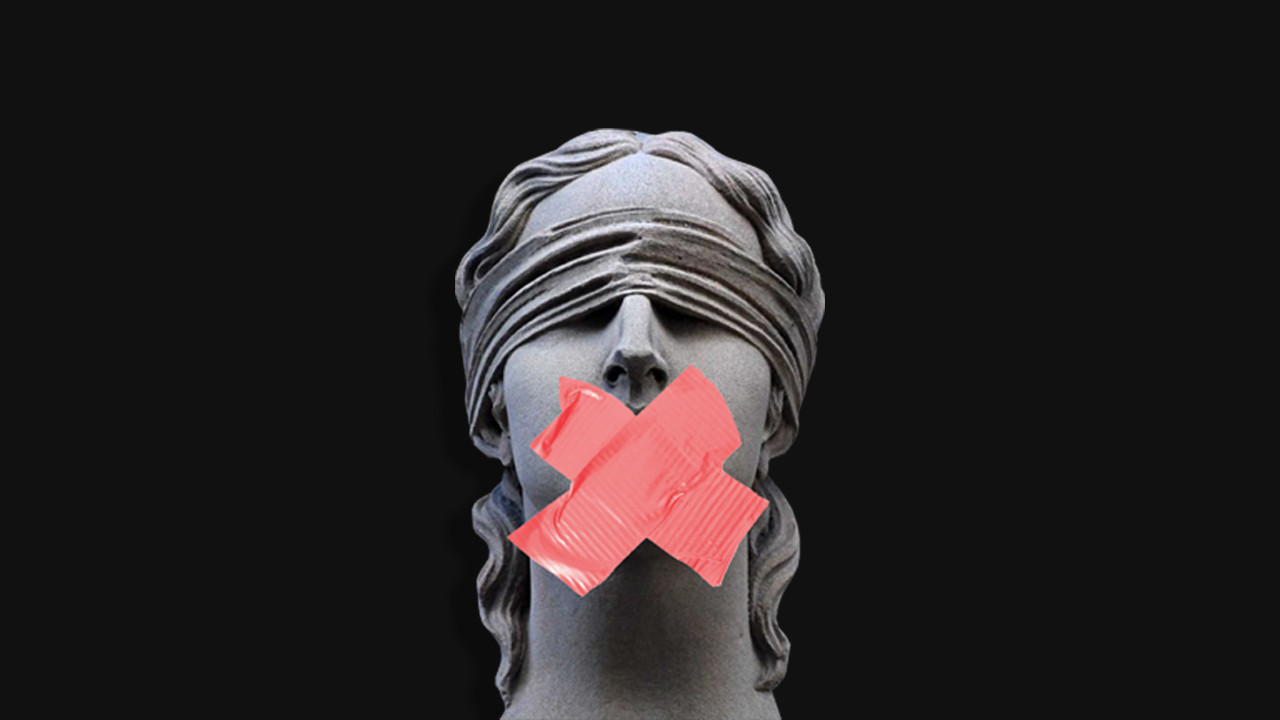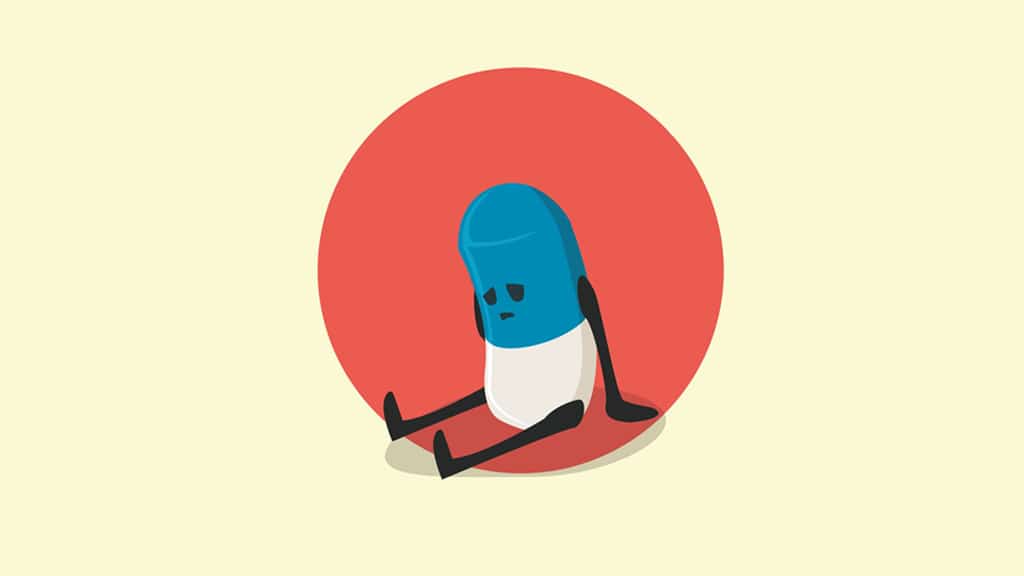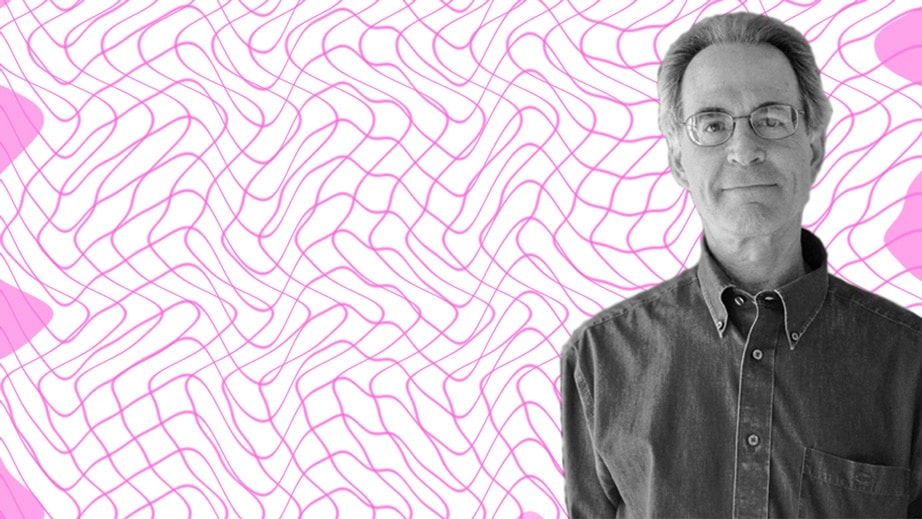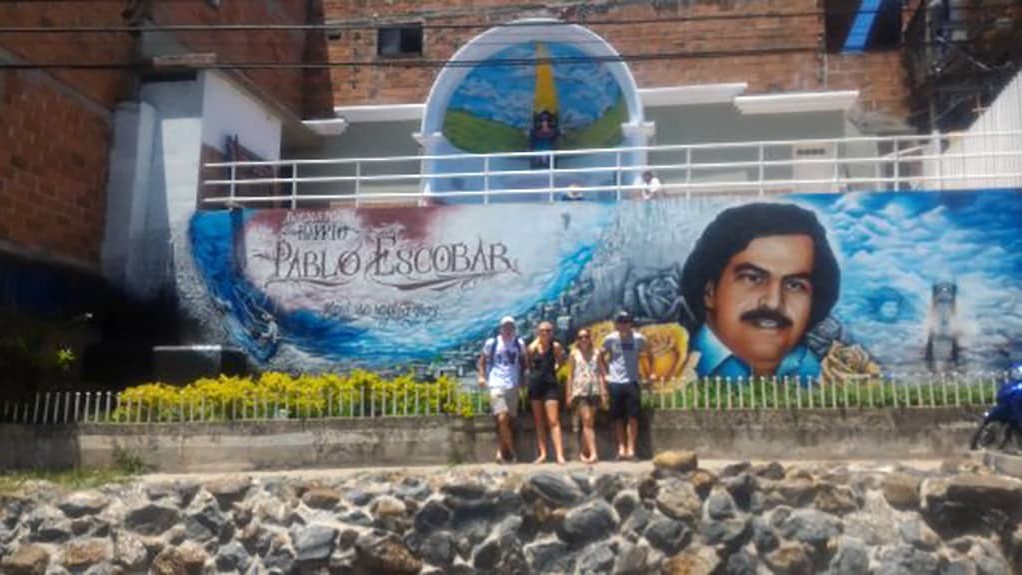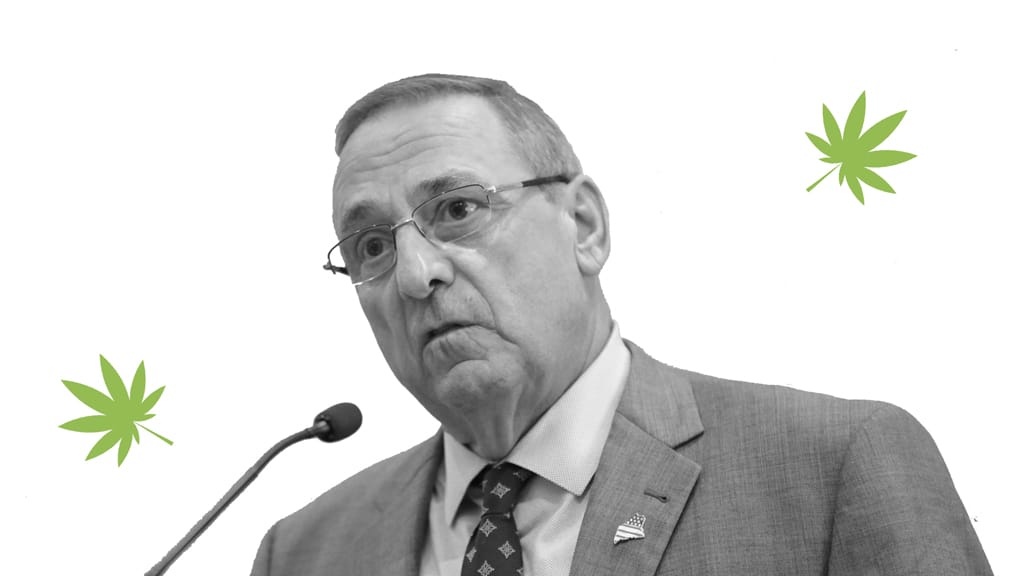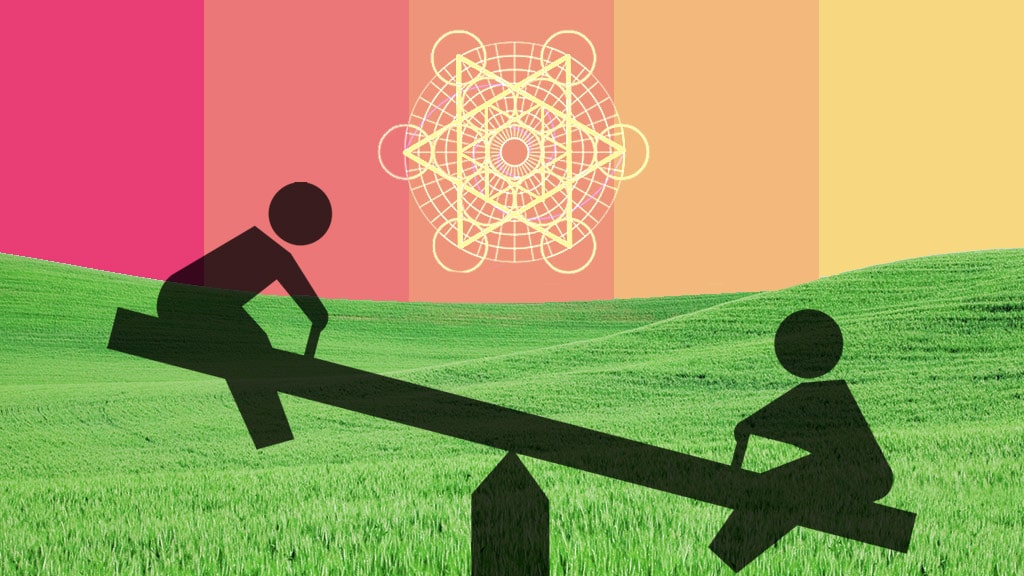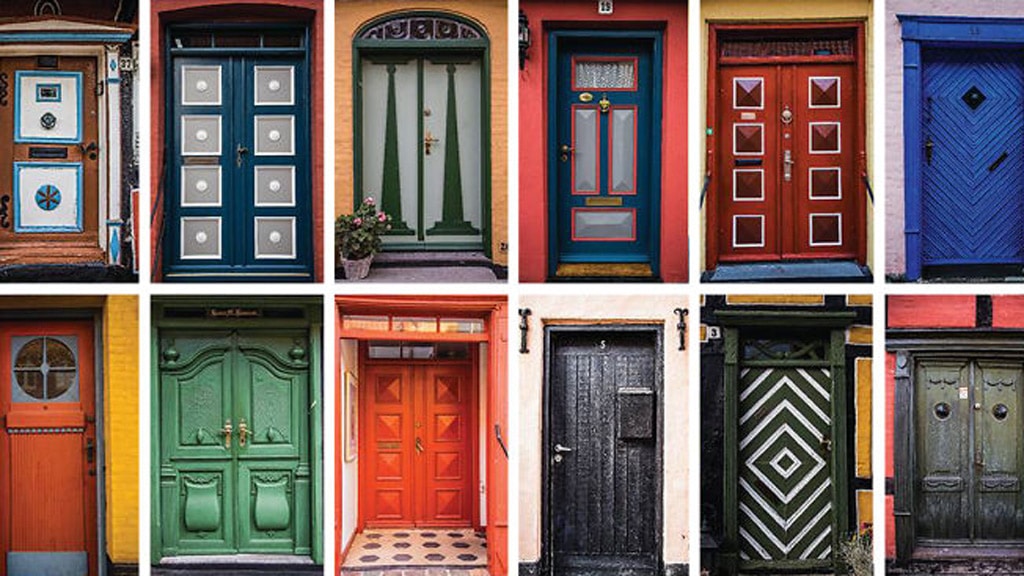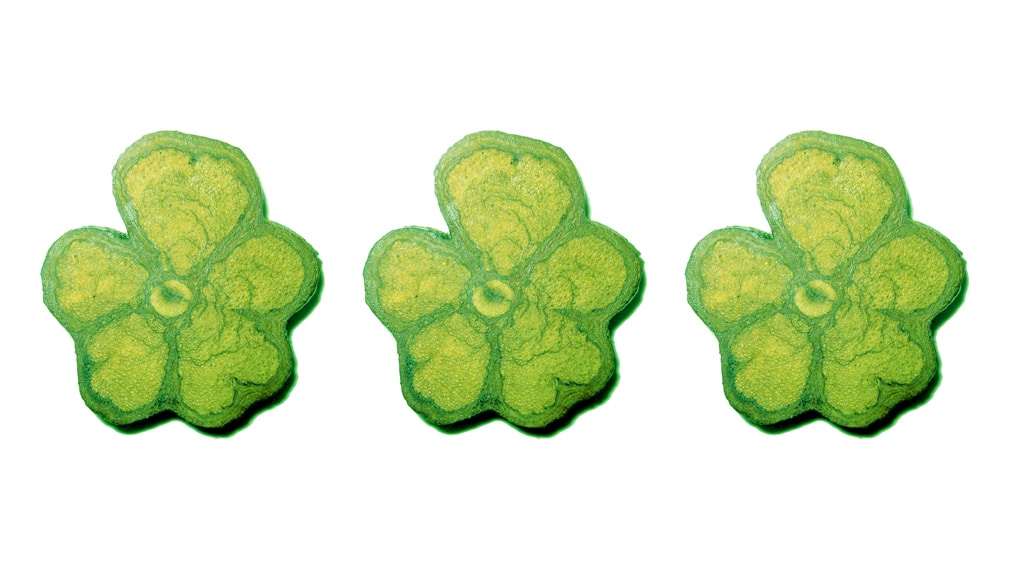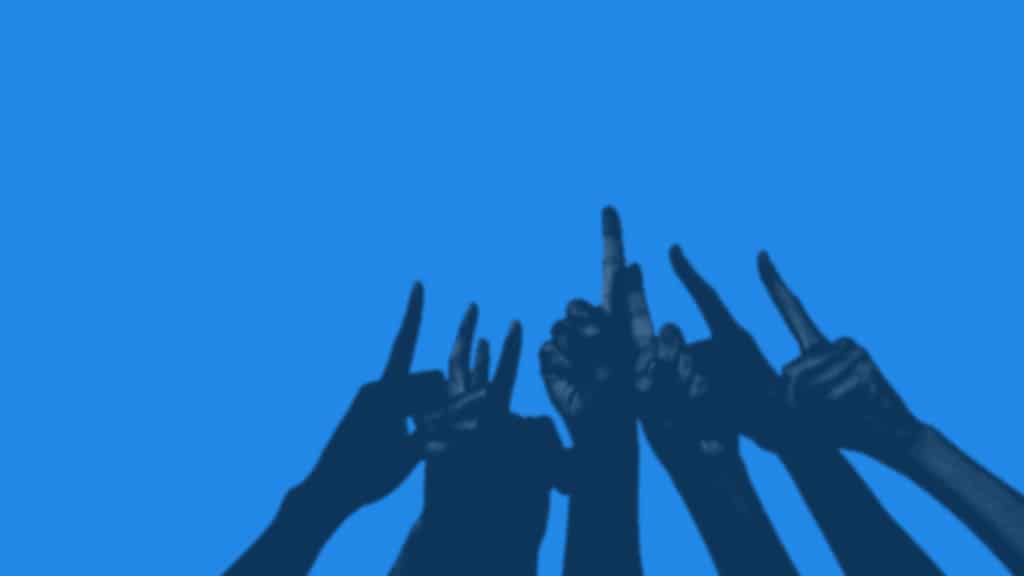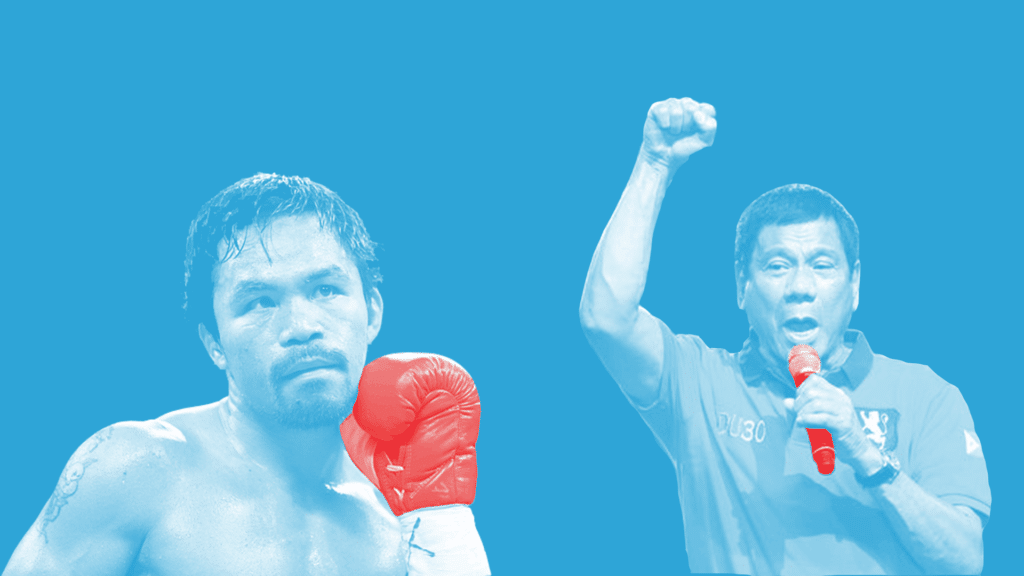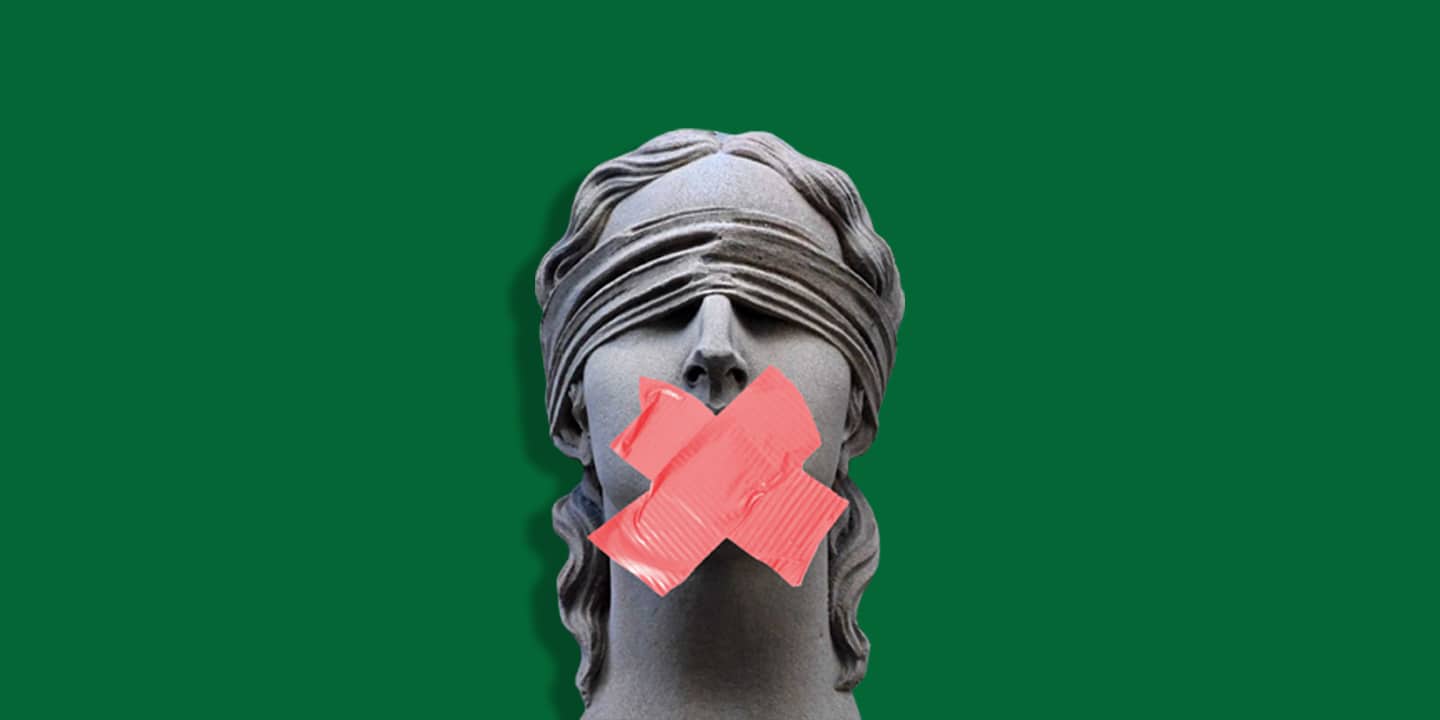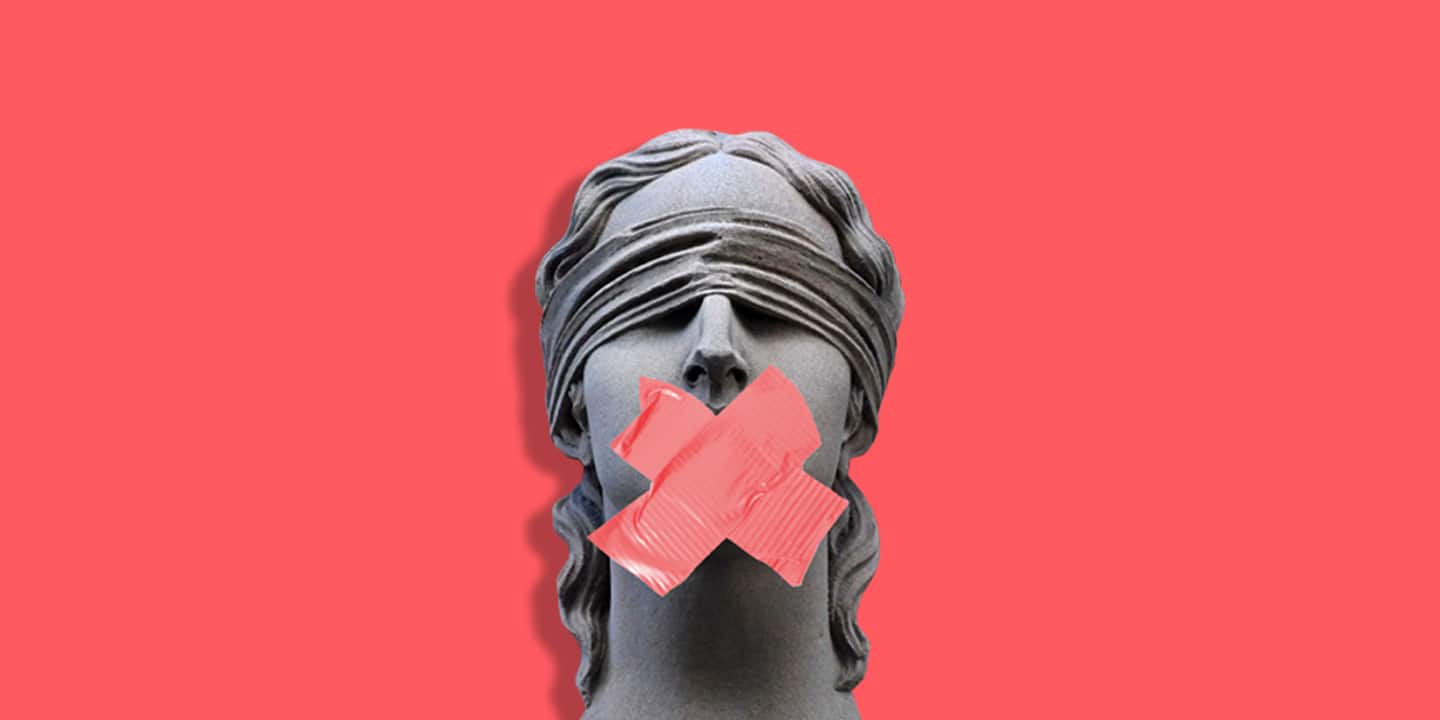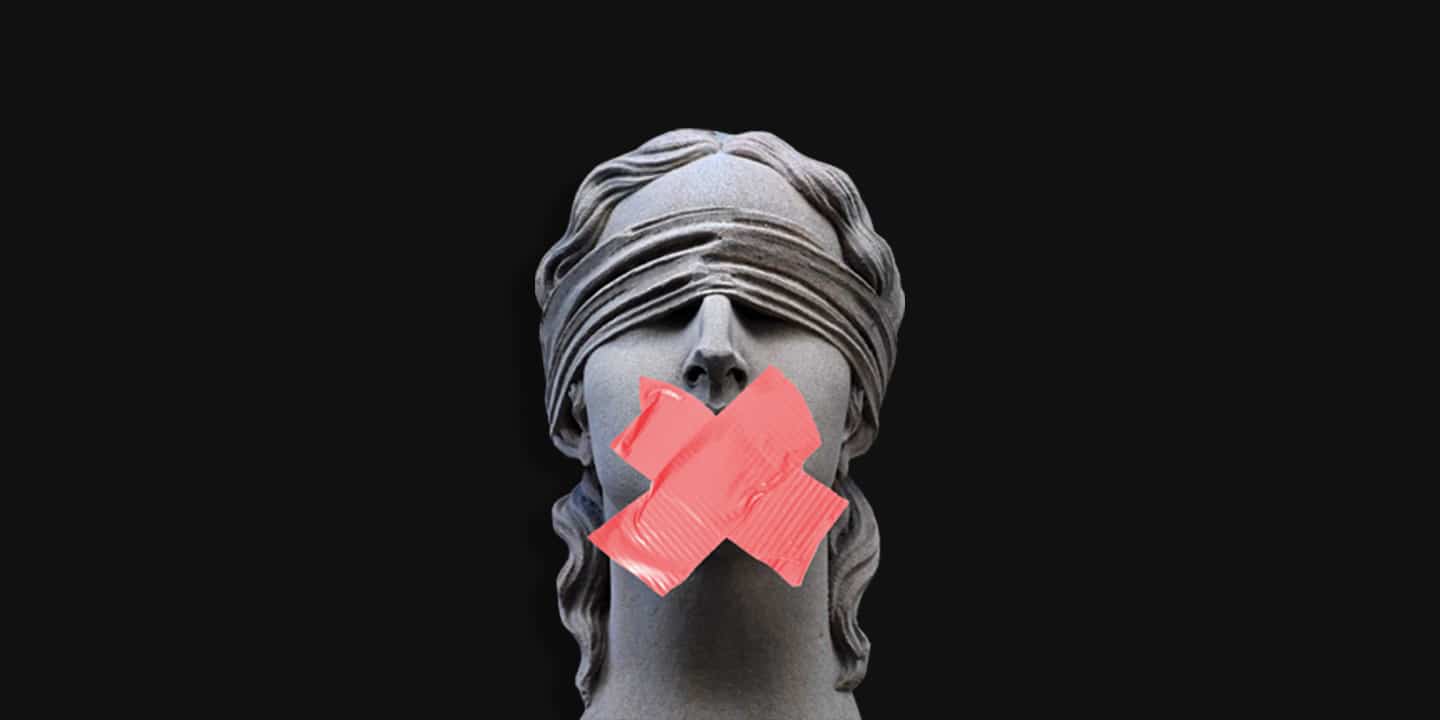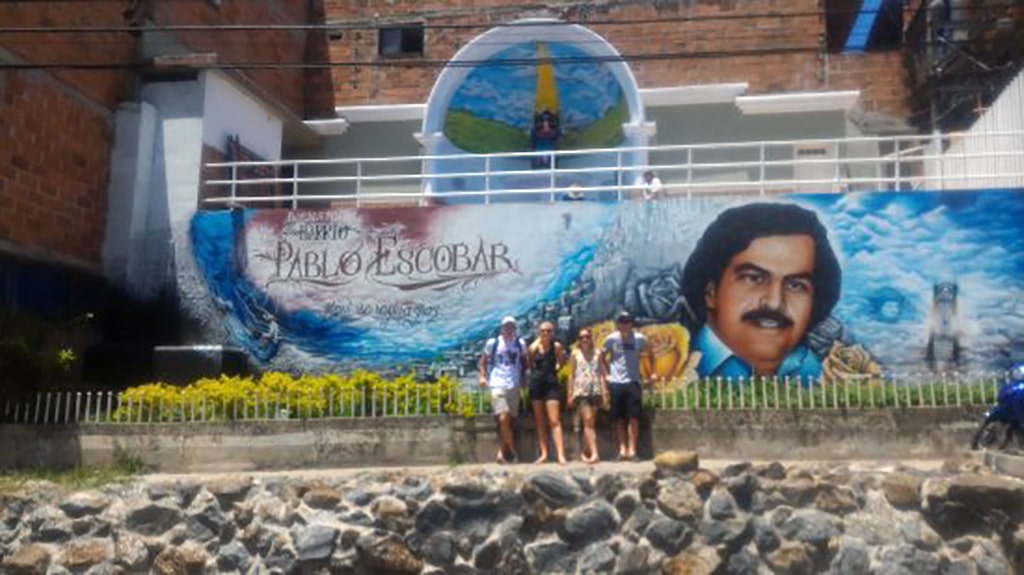Ethics
Third Wave staff quits, writes open letter, over work environment created by founder Paul Austin
Eight staff have quit The Third Wave and issued an open statement.
This is what psychedelic mainstreaming looks like…in Arizona
As psychedelic medicalization and the potential profits of a “virgin market” loom large, new organizations are increasingly looking to gain legitimacy within the field. Mainstreaming means the doors of this field are being thrown wide open.
I Survived Sexual Abuse In The Amazon And Victim Blame At Home
The controlled narrative goes something like this: ayahuasca is good, and we need to control how people perceive it because this is a controlled substance we want to see legalized, a medicine we want to see legitimated. And if we have to sacrifice a few women who get themselves raped to keep ayahuasca’s name clean, so be it.
Time’s Up for “Silencing” Tactics
A few years ago, I witnessed the systematic silencing and shaming of Lily Kay Ross for having dared to call attention to severe abuses of power in the psychedelic space. Her extraordinary bravery in sharing her own experience with abuse was met with victim blaming and accusations of selfishness. Key members of the psychedelic research community turned on her for “jeopardizing” the entire field of psychedelic science with her “negativity” and “theatrics.”
Hey Psychedelic Science Community, We Need to Talk About Consent
Consent is really pretty simple but also apparently complicated, due to our inheritance of a messed up culture.
Intentionally-diverse MDMA research at University of Connecticut Cut Short
The research team at UConn studying MDMA-assisted psychotherapy for PTSD is now defunct.
We now call ‘bad trips’ ‘challenging experiences’. Here’s why that’s misguided.
Renaming adverse effects of psychedelic drugs as “challenging experiences” minimizes, almost trivializes, their negative effects.
Cocaine Tourism in Colombia
Medellín attracts the attention of tourists seeking a new kind of experience: doing cocaine in the city of Pablo Escobar.
Maine Gov vetoes (admittedly flawed) legal cannabis bill, leaving future sales uncertain
On Friday, November 3, 2017, Maine Governor Paul LePage (R) vetoed legislation to regulate cannabis sales in the state.
How Psychedelic Science Privileges Some, Neglects Others, and Limits Us All
There is an urgent need for cultural humility in psychedelic science in order to prevent it from falling into the same limiting, and often unethical, traps that we see in Western science and medicine.
How Will History Remember the Psychedelic Renaissance?
Social movements are remembered in history for the things they do and the actions they take, not for what they inadvertently hope will happen.
Psychedelics and Social Justice
For the movement toward psychedelic consciousness to be as transformative as it can possibly be, it is our obligation as a psychedelic community to be aware of our shortcomings and to challenge them head-on.
Psychedelic Inclusivity: Hopes and Challenges
When stubborn drives for inclusion and connection in the present betray a racially divided past, psychonauts may be able to attend to histories of exclusion, separation and disconnection in order to deepen our understanding and engagement in the present.
Privilege and Safety in the Psychedelic Community
I feel safe openly advocating for the beneficial use of illicit substances because I have never been stopped by police without legitimate cause.
Why the Psychedelic Community is so White
The War on Drugs is inherently anti-black. Most psychedelic users that I’ve encountered are hesitant to take a stance on the racial aspects of the drug war.
We Talked with World Ayahuasca Conference Organizer Ben De Loenen
"Too many people just see ayahuasca as a sales product and that’s a problem, where it becomes commodified."
Getting High is a Human Right: Reflections from Uruguay After Cannabis Legalization
Activists have started creating new spaces for healing, acceptance, heightened consciousness, and fun—a completely legitimate reason to do anything, especially get high.
Manny Pacquiao and Rodrigo Duterte support the death penalty for drug crimes
Pacquiao’s drive to reinstate capital punishment for drug crimes is in line with President Duterte: “If you know of any addicts, go ahead and kill them yourself, as getting their parents to do it would be too painful.”
Ethics
Third Wave staff quits, writes open letter, over work environment created by founder Paul Austin
Eight staff have quit The Third Wave and issued an open statement.
This is what psychedelic mainstreaming looks like…in Arizona
As psychedelic medicalization and the potential profits of a “virgin market” loom large, new organizations are increasingly looking to gain legitimacy within the field. Mainstreaming means the doors of this field are being thrown wide open.
I Survived Sexual Abuse In The Amazon And Victim Blame At Home
The controlled narrative goes something like this: ayahuasca is good, and we need to control how people perceive it because this is a controlled substance we want to see legalized, a medicine we want to see legitimated. And if we have to sacrifice a few women who get themselves raped to keep ayahuasca’s name clean, so be it.
Time’s Up for “Silencing” Tactics
A few years ago, I witnessed the systematic silencing and shaming of Lily Kay Ross for having dared to call attention to severe abuses of power in the psychedelic space. Her extraordinary bravery in sharing her own experience with abuse was met with victim blaming and accusations of selfishness. Key members of the psychedelic research community turned on her for “jeopardizing” the entire field of psychedelic science with her “negativity” and “theatrics.”
Hey Psychedelic Science Community, We Need to Talk About Consent
Consent is really pretty simple but also apparently complicated, due to our inheritance of a messed up culture.
Intentionally-diverse MDMA research at University of Connecticut Cut Short
The research team at UConn studying MDMA-assisted psychotherapy for PTSD is now defunct.
We now call ‘bad trips’ ‘challenging experiences’. Here’s why that’s misguided.
Renaming adverse effects of psychedelic drugs as “challenging experiences” minimizes, almost trivializes, their negative effects.
Cocaine Tourism in Colombia
Medellín attracts the attention of tourists seeking a new kind of experience: doing cocaine in the city of Pablo Escobar.
Maine Gov vetoes (admittedly flawed) legal cannabis bill, leaving future sales uncertain
On Friday, November 3, 2017, Maine Governor Paul LePage (R) vetoed legislation to regulate cannabis sales in the state.
How Psychedelic Science Privileges Some, Neglects Others, and Limits Us All
There is an urgent need for cultural humility in psychedelic science in order to prevent it from falling into the same limiting, and often unethical, traps that we see in Western science and medicine.
How Will History Remember the Psychedelic Renaissance?
Social movements are remembered in history for the things they do and the actions they take, not for what they inadvertently hope will happen.
Psychedelics and Social Justice
For the movement toward psychedelic consciousness to be as transformative as it can possibly be, it is our obligation as a psychedelic community to be aware of our shortcomings and to challenge them head-on.
Psychedelic Inclusivity: Hopes and Challenges
When stubborn drives for inclusion and connection in the present betray a racially divided past, psychonauts may be able to attend to histories of exclusion, separation and disconnection in order to deepen our understanding and engagement in the present.
Privilege and Safety in the Psychedelic Community
I feel safe openly advocating for the beneficial use of illicit substances because I have never been stopped by police without legitimate cause.
Why the Psychedelic Community is so White
The War on Drugs is inherently anti-black. Most psychedelic users that I’ve encountered are hesitant to take a stance on the racial aspects of the drug war.
We Talked with World Ayahuasca Conference Organizer Ben De Loenen
"Too many people just see ayahuasca as a sales product and that’s a problem, where it becomes commodified."
Getting High is a Human Right: Reflections from Uruguay After Cannabis Legalization
Activists have started creating new spaces for healing, acceptance, heightened consciousness, and fun—a completely legitimate reason to do anything, especially get high.
Manny Pacquiao and Rodrigo Duterte support the death penalty for drug crimes
Pacquiao’s drive to reinstate capital punishment for drug crimes is in line with President Duterte: “If you know of any addicts, go ahead and kill them yourself, as getting their parents to do it would be too painful.”
